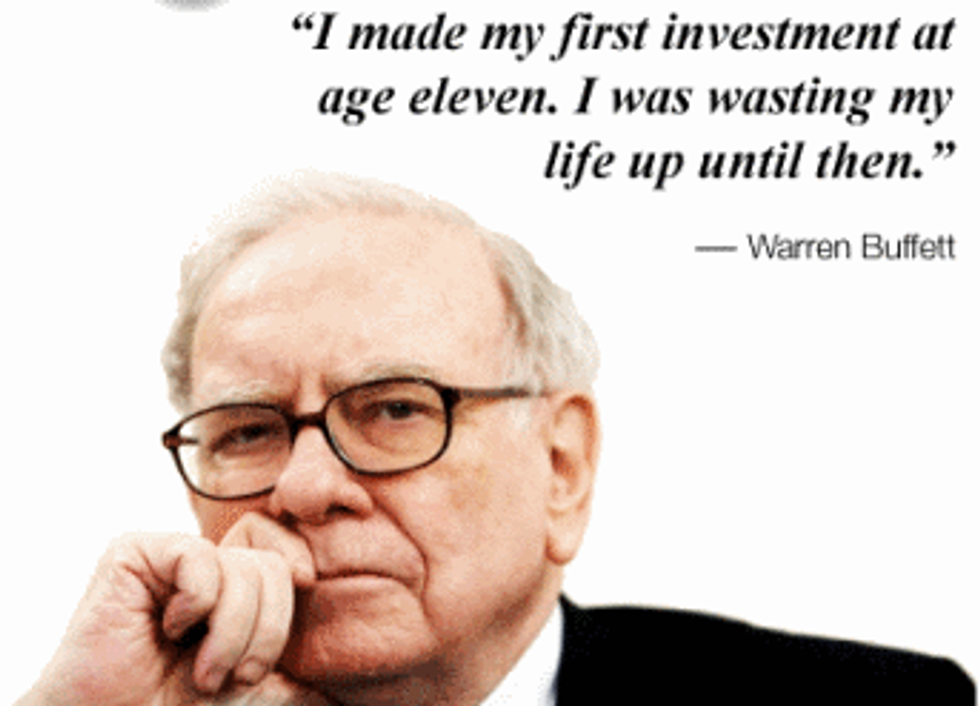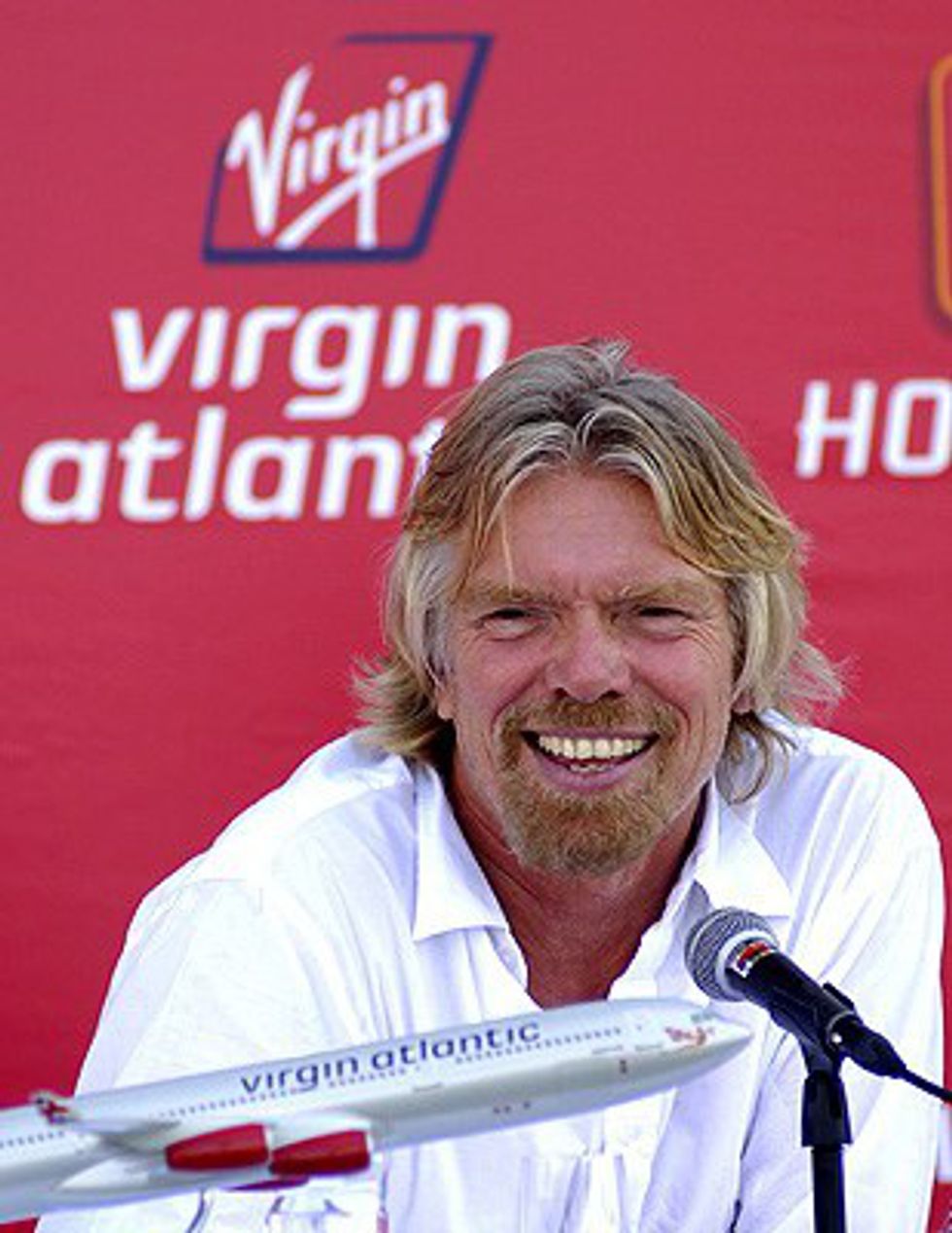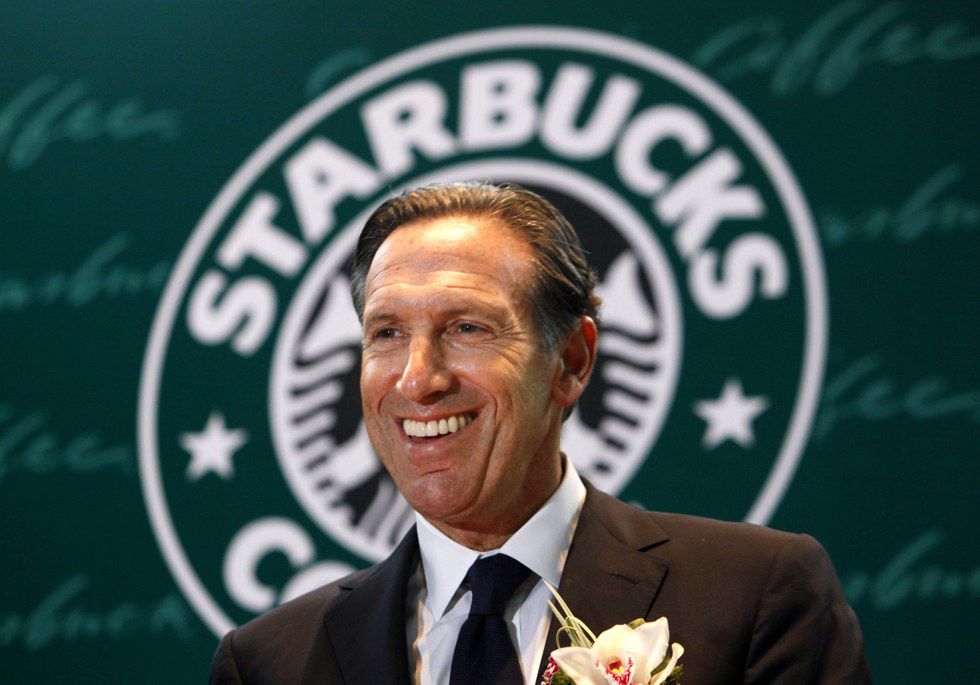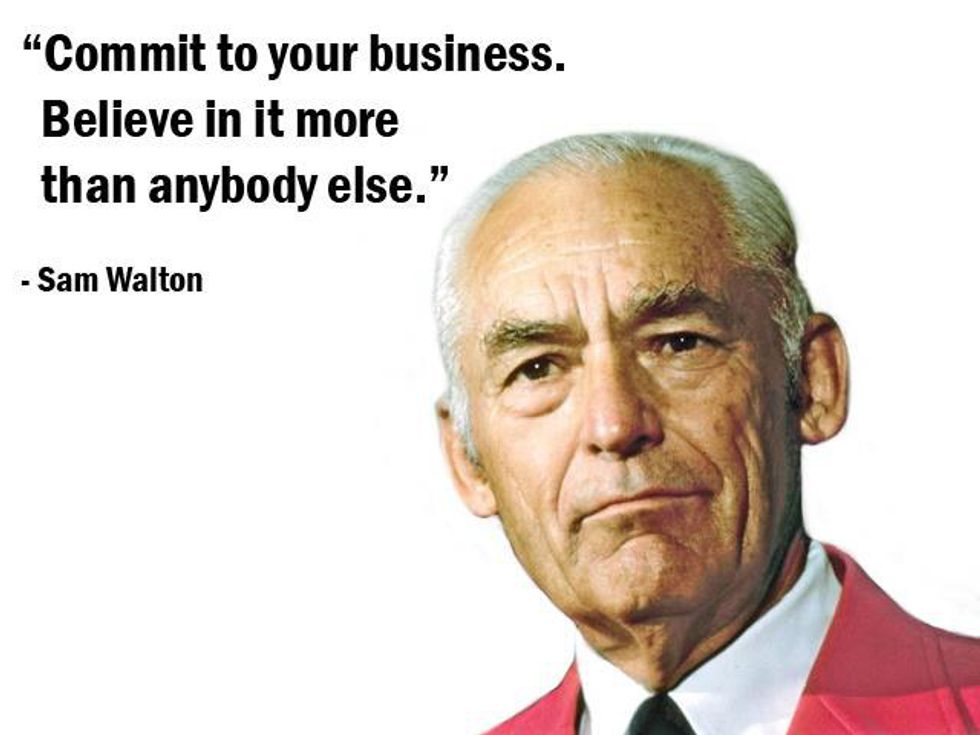I’d like to start this article with a disclaimer - you shouldn’t try to become a billionaire. Success is not defined by how many ones and zeros there are in your bank account, or how many supercars and penthouses you own. Rather, success is a complicated word that means something different for everybody. For Forrest Gump, success was simply trying to find Jenny; all of the other materialistic things in his life simply didn’t matter to him. They shouldn’t matter to you, either.
So why, then, am I writing only about people who made billions through their work? Because each person on this list personifies how working harder than the rest of the competition can pay off in a serious way. Almost every person you will meet in your life will not have anything remotely resembling the work ethic of these people, and even fewer will have the dignity to follow their own dreams. Most people are simply conformists. These ultra-successful people, however, didn’t have conformity in their vocabulary. Every person on this list should serve as a model to anyone hoping to make the most of their short time on this planet and truly change the world for the better. That’s why they’re billionaires.
Recommended for you
1. Jeff Bezos
Have you heard of a company called Amazon? That was started back in the '90s by Jeff Bezos, right at the beginning of the Silicon-Valley Internet Age. Bezos actually had a very good six-figure job in New York City when he learned of the Internet, and he immediately saw a vast amount of potential in it. Turns out he figured right, as he is now one of the ten richest people on Earth after he quit his job, drove across the country to California and launched Amazon.com from his garage. He started small - originally, Amazon was only a bookstore. Once it became apparent to Bezos that he could go further than just books, however, he expanded his startup gradually and eventually turned it into an "everything store." Now, Amazon has ushered in a new age of retail; people can essentially order anything on this planet and have it delivered to their doorstep within a few days or less. The moral of this story? Start small, leave yourself room to expand and patiently work your way up.
2. Warren Buffett
Investors have different opinions on how Warren Buffett became the most successful investor of them all and ultimately rose to become the richest man in the world (he's number three at the time of this writing). However, nobody is denying that he's a pretty smart guy: he read an entire library (literally) before he turned 13, dropped out of business school because he already knew everything there was to be taught and has allegedly read six to seven hours every day for the last several decades. One can delve into the specific strategies he's employed over the years to accumulate companies like Coca-Cola and Wells Fargo and appear to beat the stock market for decades on end, but above all else the main takeaway from Buffett is clear: be the smartest guy in the room.
3. Richard Branson
He never once read a business book, he dropped out of school at the age of 16 and has spent most of his life having fun at parties. He's definitely the anomaly on this list, and yet he still managed to build a multi-billion dollar empire that has spawned over 100 different companies across the globe. Richard Branson's first successful foray into the business world was with Virgin Records, back in the 1970s. The main goal: to make listening to music a fun experience. The first Virgin Records shop was an entire experience for customers: large bean-bag chairs were displaced around the area to make customers want to stick around and listen to the various records, as well as building a feeling of community.
Many of Branson's ventures failed, however (he once attempted to launch Virgin Condoms before someone brought up that the name might not jive too well on the market), but what he did whenever that happened was important: he easily moved on, because he didn't invest everything he had into only one venture. The best example of this is with Virgin Atlantic: he found that he could lease a few jets to try to start an airline and, should his airline fail, give them right back for free. He had no risk whatsoever, so he felt completely comfortable going for it. If you're going to start something that could change the world, try to be like Branson: have fun, but be smart about it at the same time.
4. Howard Schultz
What started as a simple mission to bring customers in Seattle the true Italian coffee experience transformed into one of the largest companies in the world and a major global phenomenon: Starbucks, simply put, has changed the way the world thinks about coffee. During a trip to Italy, Howard Schultz, who, like Bezos, already had a very successful career, discovered that the Italians were handling the business of coffee far better than anyone else in America; the baristas treated their customers like they were family, they were extremely experienced in the art of making coffee and therefore were able to give their customers a truly enriching coffee experience unlike anything back in the States. Even worse? No one back in America seemed to notice that they were missing something!
Inspired, Schultz quit his job, made a few more trips to Italy and moved to the West Coast to join forces with a few like-minded coffee thinkers in a small store called "Starbucks." The rest is history. Starbucks brought to America an entirely new way of thinking about coffee, using only the best beans and the most motivated employees to deliver to its customers the best possible cup of coffee money could buy. Schultz didn't intend for Starbucks to become so big, however, or even make anything close to billions. All he wanted was to fill a space where he saw a gap, and to do it better than anyone else. That's a winning formula, just like a frappuccino.
5. Sam Walton
It's hard to imagine someone having more motivation than Sam Walton did; I'm almost convinced there hasn't been a more motivated individual in history. How else could a small store in a small town in Arkansas grow to become the biggest retailer in history, Walmart, worth over $100 billion? Walton wanted something simple and yet also revolutionary: to give his customers as many products as possible, and at the cheapest possible price. This became the foundation upon which Walmart worked. Until the day he died, Walton kept thinking of new ways to innovate and improve the way retail was done in the United States. He grilled storeowners around the world, taking ideas from such places as Japanese department stores and English retailers and implementing them into his own stores. This constant motivation to, literally, try everything out there could only lead to one place: major success. The final lesson, and perhaps most important lesson among this list of billionaires, is as simple as it is powerful: become the master in your field. You certainly don't have to build the next Walmart, but you won't if you settle for mediocrity.























